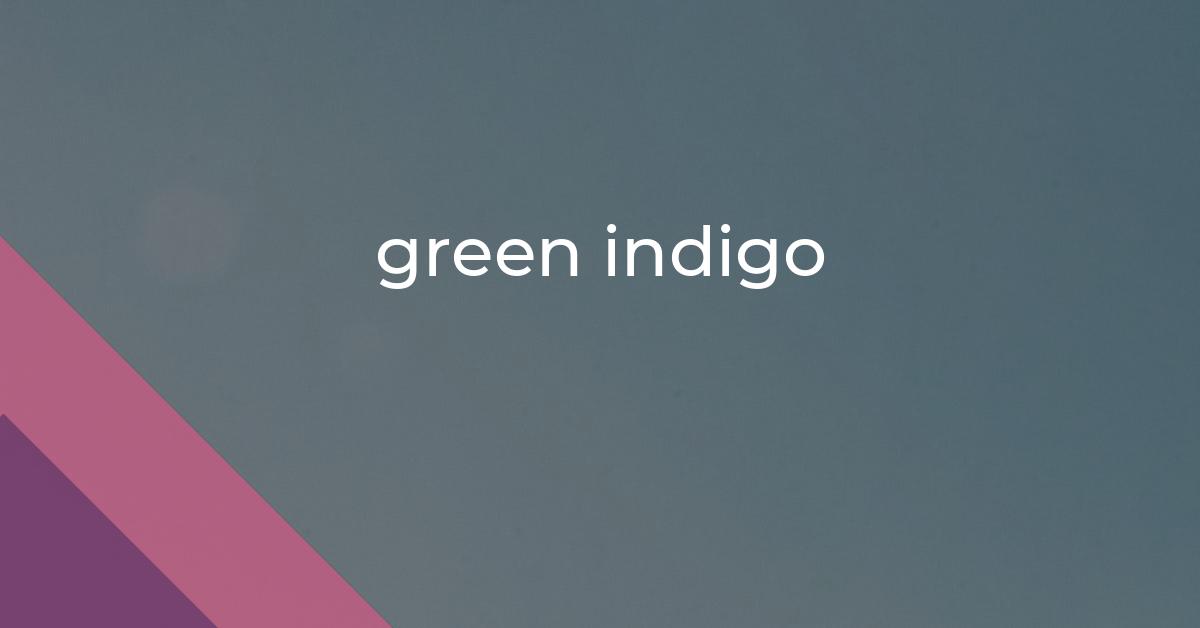green indigo: Idiom Meaning and Origin
What does ‘green indigo’ mean?
The idiom "green indigo" refers to something that is rare or hard to find. This expression is used to describe something that is elusive or difficult to come across.

Idiom Explorer
The idiom "in the green tree … in the dry" means being in a favorable or advantageous situation versus being in a difficult situation or unfavorable conditions.
The idiom "in rare form" means to be performing at an exceptional level or displaying an unusually high level of energy, skill, or mood compared to one's usual behavior or performance.
The idiom "in one's dreams" means that something is unlikely or impossible to happen. It is often used to dismiss someone's unrealistic or fanciful ideas.
An idiom that means an extremely small or tight space, often used to convey a sense of constriction or being cramped.
The idiom "in a bind" means to be in a difficult or challenging situation where there are not many options or solutions available.
The idiom "hidden in plain sight" means that something is not easily noticed or recognized, even though it is easily visible or apparent to everyone. It implies that the object or information is so commonly found that it remains unnoticed by most people.
An idiom that means something is extremely rare or difficult to find, as hens do not have teeth. It is often used to emphasize scarcity or rarity in a descriptive manner.
The idiom "hard on the eyes" is used to describe something that is visually unappealing or difficult to look at.
The idiom "grey area" refers to a situation or issue that is unclear, vague, or not easily categorized as right or wrong.
The idiom "green with envy" is used to describe someone who is extremely jealous or envious of someone else's success or possessions.
The Elusive Olive Hue
Green indigo is an idiom that is not widely known. Its roots are uncertain, and its true meaning is still a mystery. Some interpret it as something rare or unusual, similar to finding a green indigo plant, which is uncommon in nature. Others see it as contradictory or paradoxical, since indigo is traditionally associated with blue and green is a mix of blue and yellow.
The idiom "Chinese green" is related to green indigo. The color green has different connotations in different cultures, and in Chinese culture, it is associated with balance, harmony, and renewal. This adds another layer of complexity to the interpretation of the idiom.
The idiom "green with envy" is also linked to green indigo. "Green with envy" is a phrase used to describe someone who is extremely jealous or envious. It implies that the person's envy is so intense that it turns them green, which is not a natural color for human skin. This idiom adds a further dimension to the potential meanings of green indigo, suggesting that it could be used to describe jealousy or envy.
The idiom "green state" is another related expression. "Green state" refers to a place or condition that is new, inexperienced, or underdeveloped. It can be used to describe a person, organization, or country that is in the early stages of growth or development. This idiom could provide yet another interpretation of green indigo, suggesting that it is linked to the idea of being in a nascent or formative state.
Despite the various interpretations and related idioms, the true meaning of green indigo remains uncertain. Its origins and historical usage are still unclear, and it is not a commonly used phrase in everyday language. However, its obscurity adds to the fascination and intrigue surrounding the idiom, inviting further exploration and speculation.
Green indigo serves as a reminder of the vastness and complexity of the English language. It is a testament to the countless phrases and sayings that have been lost or forgotten over time. The mystery of green indigo raises interesting questions about the evolution of language and the cultural significance of idiomatic expressions.
It is worth noting that green indigo is not a widely recognized idiom, and there is limited information available on its usage or meaning. As such, any interpretations or explanations provided here are speculative and should be taken with caution. The true meaning of green indigo may never be fully understood, but its enigmatic nature continues to intrigue and captivate those who come across it.
The idiom "Chinese green" adds cultural depth to the potential interpretations of green indigo, as the color green holds different symbolic meanings in different cultures. The idiom "green with envy" brings a sense of intense emotion and highlights the potential for the idiom to be used in situations involving jealousy or envy. The idiom "green state" suggests a connection to the concept of being in a formative or early stage of development.
With each related idiom, the possibilities for understanding green indigo expand. However, it is important to recognize that the true meaning of the idiom remains elusive. Its obscurity and lack of widespread usage make it a challenging expression to decipher fully.
Example usage
Examples of how the idiom "green indigo" can be used in sentences:
- She claimed to see a tree with green indigo leaves, but it was just her imagination.
- He described the painting as having a unique shade of green indigo, a color that fascinated him.
- The fashion designer decided to incorporate a touch of green indigo in her latest collection, bringing a fresh element to her designs.
More "Color" idioms



